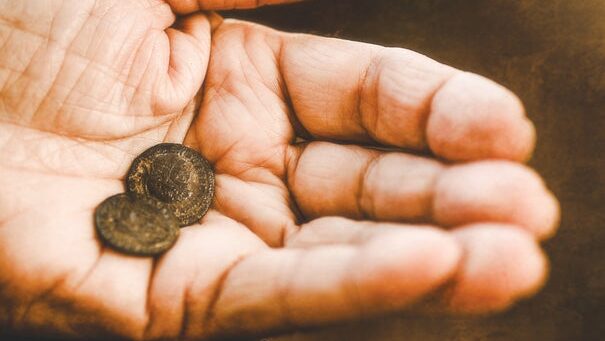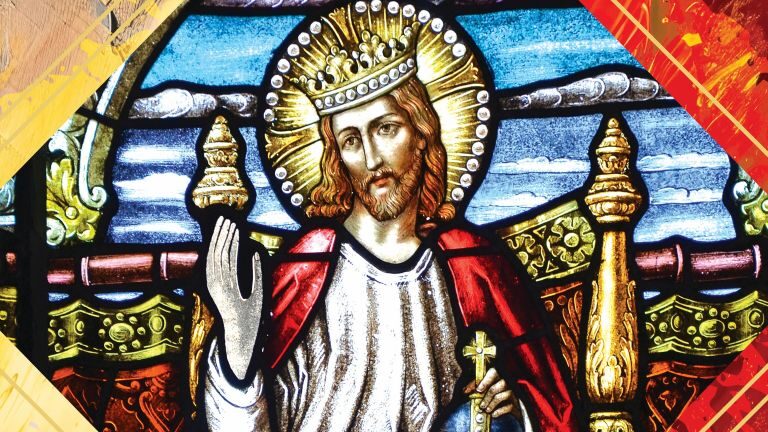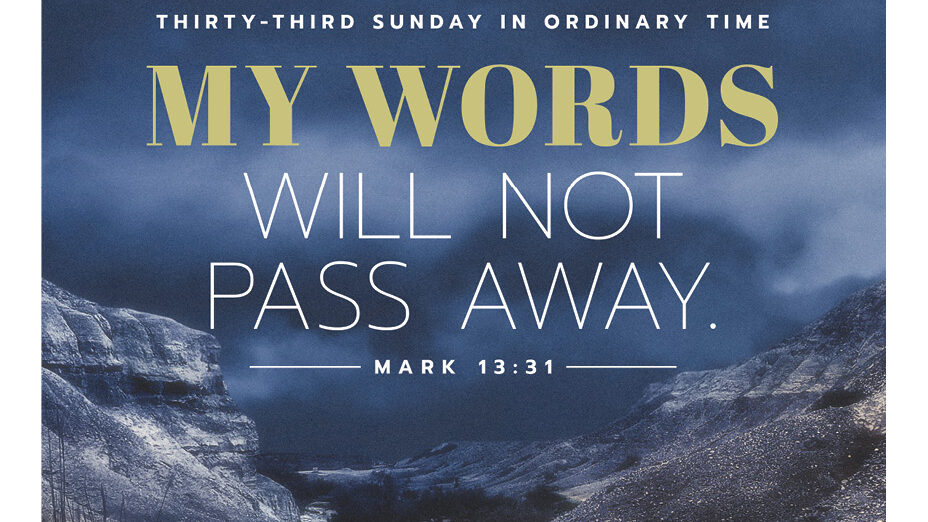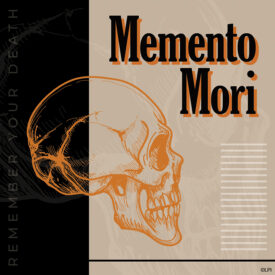Dear Parishioners,
Today’s Gospel consists of two parts. In the first part, Jesus severely condemns those who love appearances, are greedy for fame, high position, big profit, exploitation, and hypocrisy. In general, these are people who, in the fight for worldly interests, lose their moral conscience, thinking that they are powerful in the eyes of others, but in reality, they are just empty shells filled with rotten garbage.
In contrast to that image is the pitiful, emaciated body of a widow, symbolizing the bottom class of the social ladder. A widow was penniless and dependent on the mercy of others. If her late husband had property, it would belong to her son. If he was good, her life would be less miserable. If he was bad, she would suffer and be humiliated, because her children abandoned her. In the sea of people that stretched across the Temple grounds in Jerusalem during the days leading up to the Passover, the widow was just an insignificant speck of dust, at best ignored by the world, at worst avoided or pushed aside as a useless nuisance.
Yet that insignificant speck of dust was not ignored by Jesus. The rich man who put in a lot of money, Jesus knew. The widow who put in two copper coins, Jesus also knew. But the same act of putting money into the offering box evoked two completely opposite reactions from Jesus. The rich man put in money from his surplus, while the widow put in her life.
Last week we heard about the commandment to love God and love neighbor, have we ever truly dreamed of loving God with all our hearts? If so, the Lord also tells us, “You are not far from the Kingdom of God!” If we have never once in our lives desired to love God, but only when we fail or suffer do we run to God, then what kind of love is that?
Every Sunday, like those in the Temple of Jerusalem, each of us will also put money into the basket for the parish. No one knows how much each person puts in, except that person and God. I am sure that there will be one-dollar bills from widows each week, and those gifts make God happy and the parish grateful. I also hope that others do not give
from their surplus but respectfully put in a part of their lives. You know and God knows.
In fact, the complete giving of the widow in the Gospel is also a symbol of God’s ultimate giving: giving away God’s identity to take on human form, giving away physical life on the cross so that each of us has the opportunity to receive eternal life. In the darkness of the Garden of Gethsemane, Jesus’ sighs and sweat of blood were completely unanswered. On the cross, writhing in pain and humiliation, his sobs, “My God, my God, why have you forsaken me?” were also unanswered. Jesus gave like that, completely and utterly. God calls each of us, and the widow challenges us, to give from the very depths of our own poverty.
If I feel | lack time, give the little time I have to God. If I lack money, give the little money I have in my hand. If I feel I have no talents, give God my slow mind, my clumsy hands, and my stuttering lips. God will take them and transform them as he multiplied the five loaves and two fish. If my hands are still holding on to what I have, I will not receive the graces that God pours down upon me, and what ! want to keep will sooner or later be lost beyond my reach. But for those with open hands and hearts, grace will flow endlessly.
If I feel emotionally deprived then I should try to listen to the feelings of the abandoned, the betrayed, or the lonely elderly waiting to die in nursing homes. If I feel alone and uncared for then should try to wipe away the tears of orphans, and contemplate a young widow who cares for her crippled child all her life. If I feel honorless then I should try to go to a beggar and share with him the little honor that remains.
When we perform each of these small but wonderful acts of giving, it is certain that God is saying to us,
“You give more than anyone else.” And furthermore, he will say, “The kingdom of God has come to you.” And the angels will sing, “Glory to God in the highest heaven. On earth peace to people of good will.” For when a person does this, God is coming down into their hearts, and from them God’s glory radiates to those around them.
In the Most Holy Trinity and in solidarity with you all,
Fr. Duc




